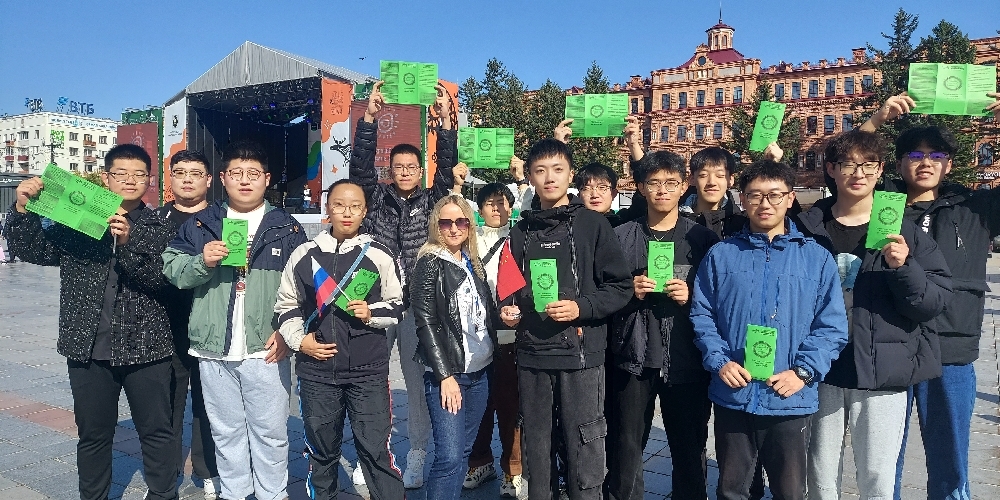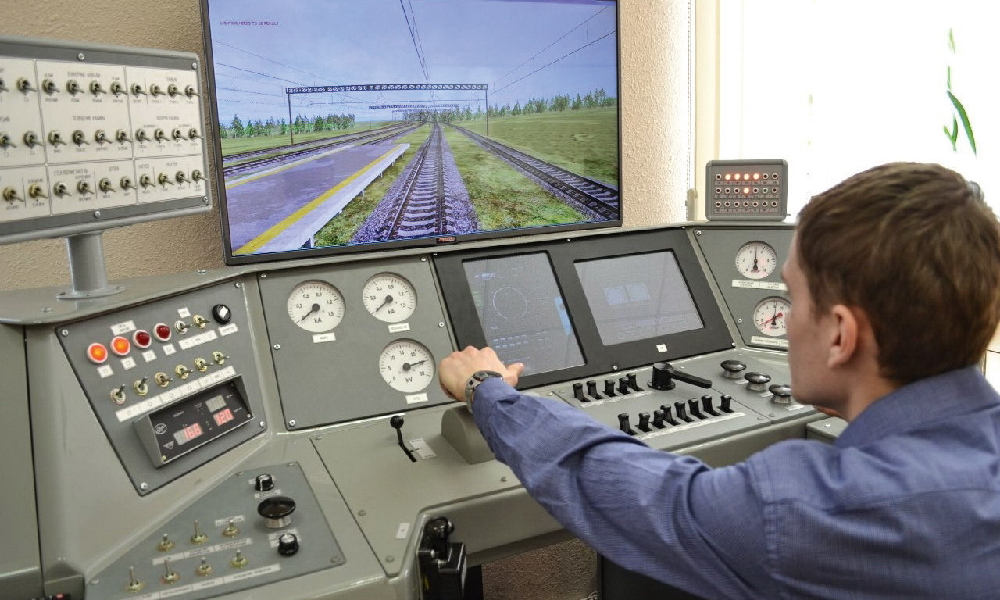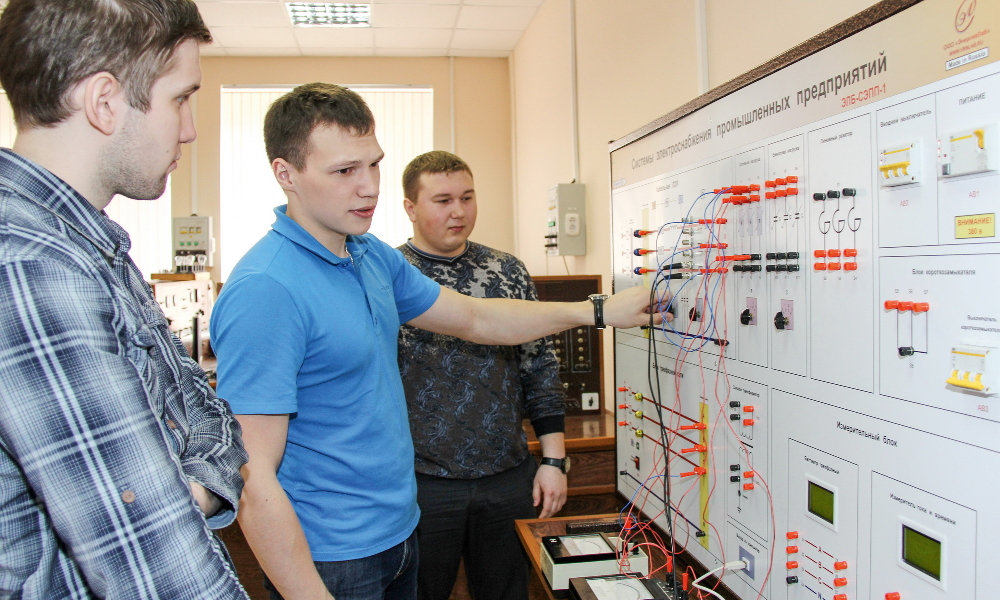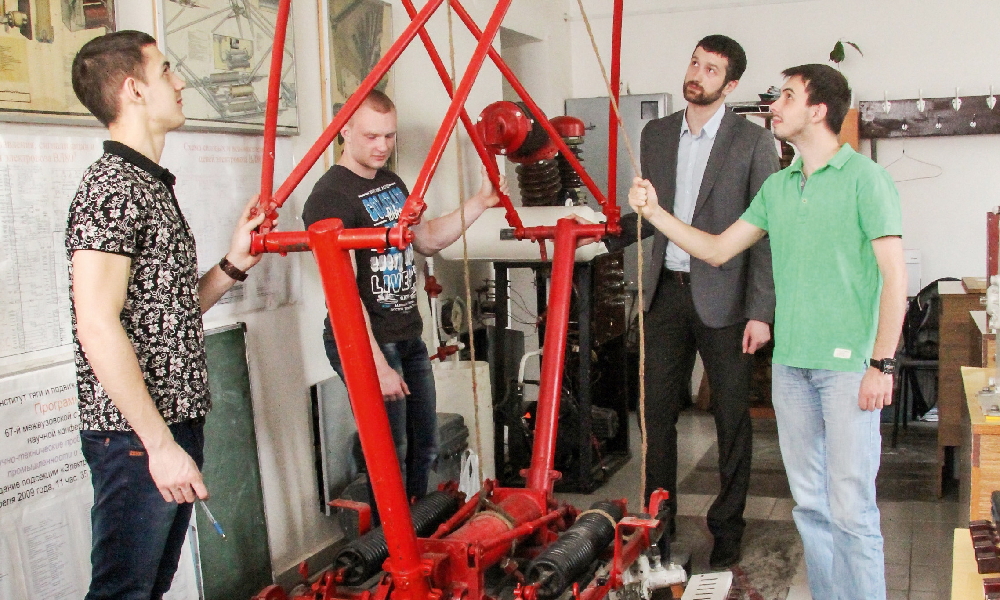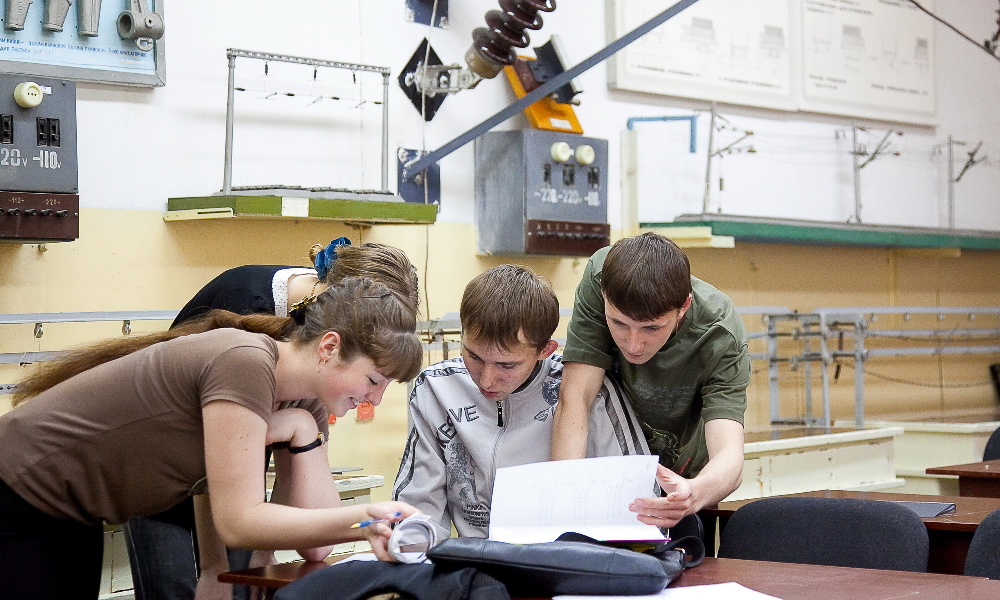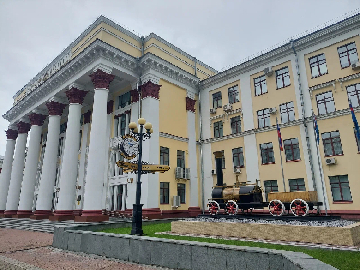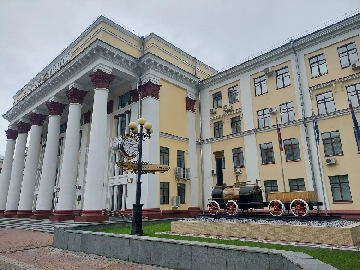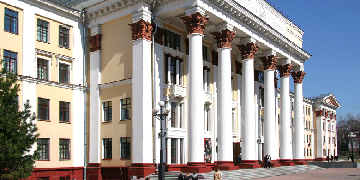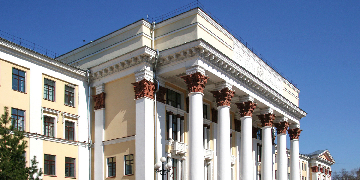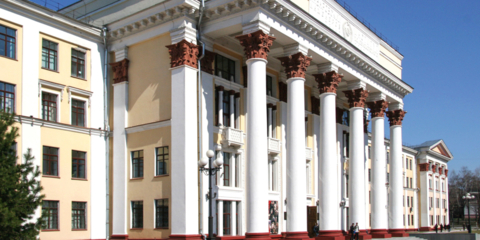≈ 18,000
students, including 1,000 international students
FESTU graduates create new machines and equipment, manage the transport process, do business and carry out international transportation, design automated control systems, build railways and engineering structures, work as economists and financiers.
Popular fields of study
Bachelor’s programs
- Civil Engineering
- Infocommunication Technologies and Communication Systems
- Electric Power Engineering and Electrical Engineering
- Transport Process Technology
- Land Transportation and Technological Complexes
- Operation of Transport and Technological Machines and Complexes
Specialist’s programs
- Construction of Unique Buildings and Structures
- Construction, Operation, Restoration and Technical Protection of Highways, Bridges and Tunnels
- Land Transport Technology
- Railway Rolling Stock
- Railway Operation
- Construction of Railways, Bridges and Transport Tunnels
Master’s programs
- Civil Engineering
- Informatics and Computer Engineering
- RU , EN
- Infocommunication Technologies and Communication Systems
- Land Transportation and Technological Complexes
- Operation of Transport and Technological Machines and Complexes
PhD programs
- Construction Engineering and Technology
- Electrical and Heat Power Engineering
- Land Transport Engineering and Technology
- Cultural Studies
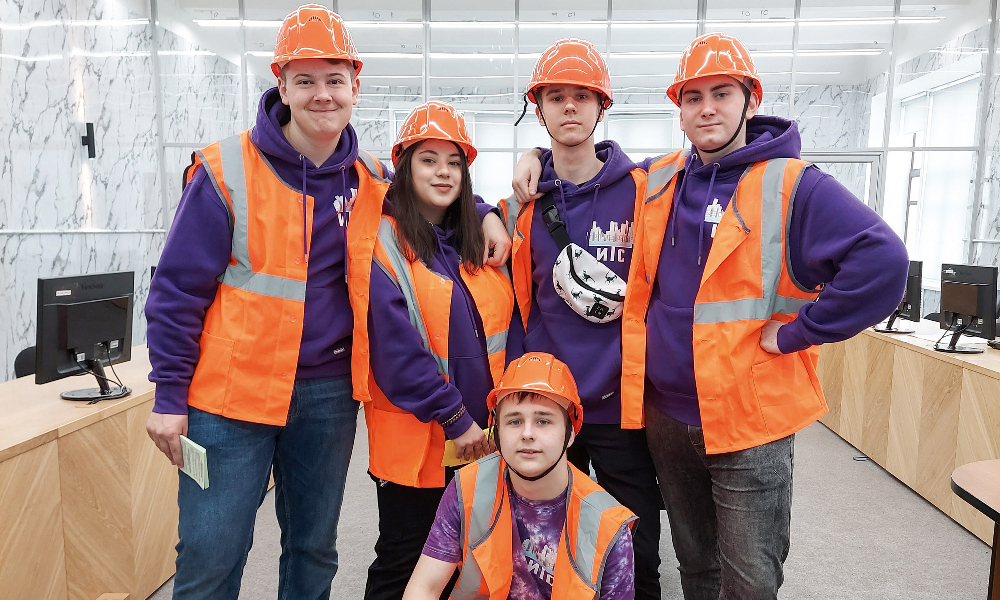
Civil Engineering students
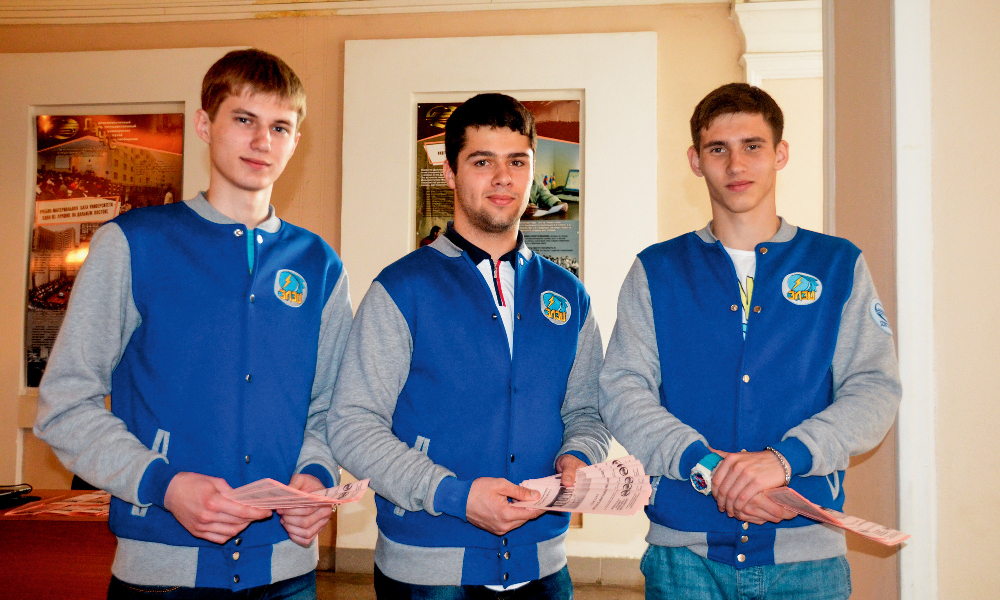
Power Engineering students
PreviousNextDouble degree programs
Russian-Chinese Institute of Transport, Bachelor’s programs
- Land Transportation and Technological Complexes, major: Carriage Engineering
- Construction, major: Transport Construction
- Mechanical Engineering
FESTU advantages
- A wide range of study programs
- Continuous connection with the industry
- Experienced teachers
- State-of-the-art laboratories
- International recognition
- University campus and sports center
You can apply by submitting your documents directly to the university or via your Personal Account (online)
Special aspects of mastering Russian by students of different ethnicities at FESTU are:
- Highly qualified teachers of Russian as a foreign language
- Consistency
- The connection between theory and practice
- Accessibility
- An individual approach to students
- Using visual aids
The greatest difficulties foreigners face when learning Russian
- Alphabet. International students find it difficult to pronounce some consonants (Ж, Ш, Щ, Ч, Ц)
- Adaptation to the rhythm of speech and manner of speaking
- Correct usage of cases
- Understanding of verbs of motion
- Using prefixes in a particular context
Tips to overcome challenges of learning Russian
- More practical communication with native speakers
- Watching movies and reading books in Russian
- Independent solving of everyday issues (shopping, going to hairdresser’s parlors or barbershops, etc.)
- Using up-to-date Russian language study guides
Mathematics and Natural Sciences
Engineering, Technologies and Engineering Sciences
Social and Human Sciences
Information and Communication Technologies, Information Security, and Computer Sciences
Social and Service Industries

